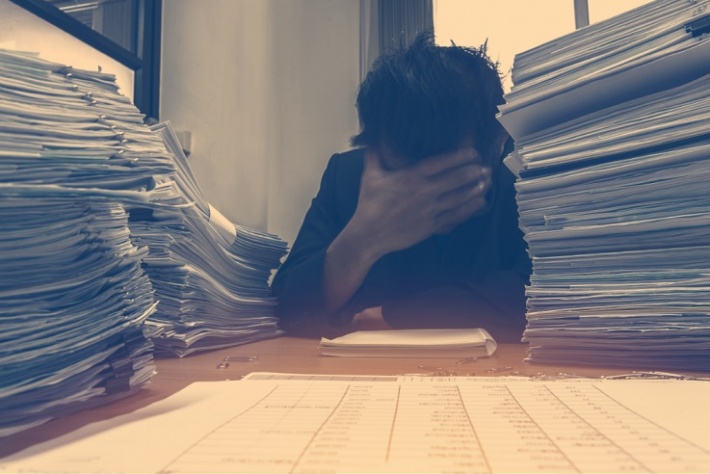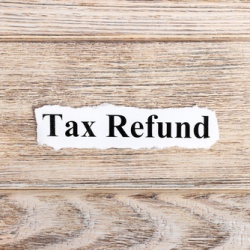What business owners need to know about keeping receipts

Business owners have a legal obligation to keep their financial records up-to-date, and to store them properly. With regard to business receipts, HMRC may request documentary proof to back-up the expense claims in your tax return. You can be fined if they’re not available, or they are unreadable.
Apart from receiving a fine, putting in an unsubstantiated claim may trigger further investigations into your business, so this is an important matter that’s worth careful consideration.
Receipts must be retained for a period of six years, but the good news is that you don’t necessarily need to keep the physical receipts. HMRC now accept digital records, so you can scan or photograph the majority of them with your smartphone.
What is the best system to use?
When you complete your tax return you’re letting HMRC know how much income you’ve earned, and which business expenses you’re claiming. Any expense claim related to your business needs to be supported by documentary evidence.
If you prefer to keep the receipt rather than store it digitally, you must use a clear and coherent system. Putting them in a shoe box or drawer and then having to sort through them at the end of the year can be stressful, as well as a serious waste of your time.
So why not set up a system that’s easy to follow, and captures all the information you need as you go along?
Embrace technology
Numerous smartphone apps and pieces of accounting software are now available that allow you to scan receipts with your mobile phone. These are then collated by the software, and included within your accounts ready for use when you complete your tax return.
It is a huge time-saving system that is very popular, and that works well even if you don’t enjoy using technology. It also saves space in terms of document storage, and as long as receipts are backed up regularly, offers a reliable way to comply with HMRC rules and regulations.
Paper filing system
If you prefer to retain your paper receipts, it’s a good idea to use a file folder for each month of the year. You can separate receipts into categories for every month, keeping the current month’s file at hand to put them in as they’re collected.
This makes it easier to enter bookkeeping data if you don’t use online accounting software, and you don’t have the onerous task of sorting receipts for the entire year.
The benefits of keeping your receipts organised
Keeping your business records organised and under control has other advantages for your business. You can:
- Save on the cost of bookkeeping and accountancy
- Minimise errors in your tax returns
- Avoid being fined by HMRC
Handpicked Accountants can connect you with a qualified accountant in your area. They’ll be able to offer more advice on record-keeping, and suggest the best system for your particular business.


